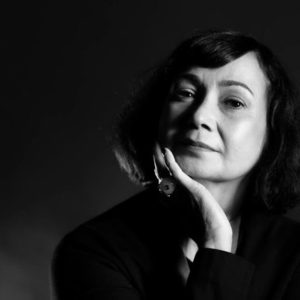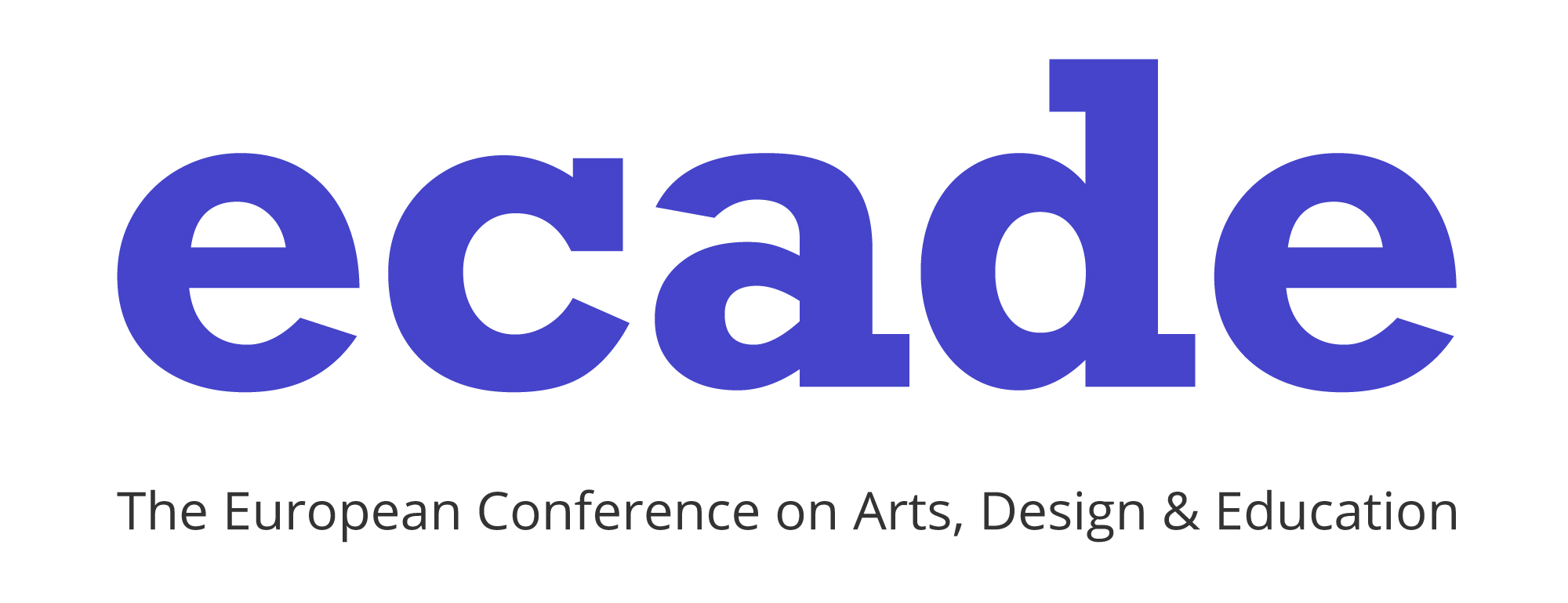“Against the Method: Recovering the Senses in the Age of Hyperformatting” by Mirian Nogueira Tavares of the University of Algarve, Portugal, has been announced as a keynote to be presented at The European Conference on Arts, Design & Education (ECADE2022), on-site and online from the University of Porto, Portugal.
To participate in ECADE2022 as an audience member, please register for the conference.
The presentation will also be available for IAFOR Members to view online. To find out more, please visit the IAFOR Membership page.
Abstract
Against the Method: Recovering the Senses in the Age of Hyperformatting
In 1975 the philosopher of science Paul Feyrebend wrote a work that, even today, provokes reactions: Against the Method. In the first edition, the book contained a subtitle: “Outline of an anarchic theory of the theory of knowledge,” which no longer appears in the 3rd edition revised by the author. In fact, with each new edition, the author revised, added and slightly altered the ideas that were initially shaped and which, according to him, was an incomplete work. Written as a letter to his friend Imre Lakatos, who died before he could give an answer that would also come in book form, Against the Method proposes a counter-method, or an anarchist epistemology, which called into question the positivism of science, and of the Academy, and proposed to restore chaos. A chaos producing divergent thoughts, which approached science as a complex, historical and philosophical whole.
Also, in the ‘70s, Edgar Morin began to write his most monumental work, three volumes which he generically called The Method. In the first volume, The Lost Paradigm: Human Nature, he presents his method, also a counter-method, for the understanding of science, and why not, of the world that formulated it. Complex Thought assumes the etymology of the word Complexus, from Latin – that which is woven together, to affirm that it is not possible to segment knowledge, that it exists in relation.
I intend to approach the question proposed by Feyrebend and, in another way, by Morin, to inquire the direction in which teaching, and the issues related to it, are taking in a contemporaneity too tied to technical thinking and a unidirectional view of scientific knowledge. Will we be able to continue teaching, despite the methods? Is there possible learning that is not measurable and not accounted for?
Speaker Biography
Mirian Nogueira Tavares
University of Algarve, Portugal



You must be logged in to post a comment.